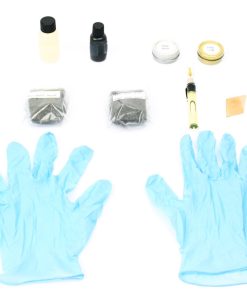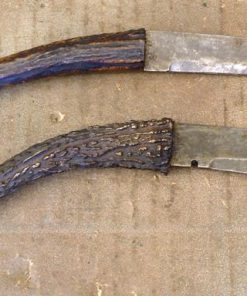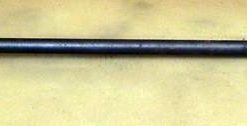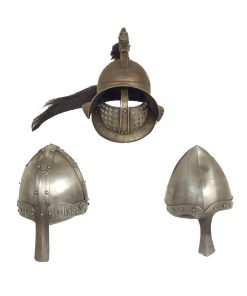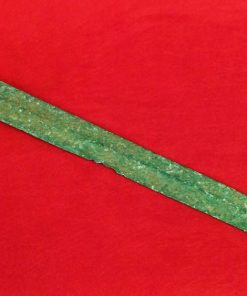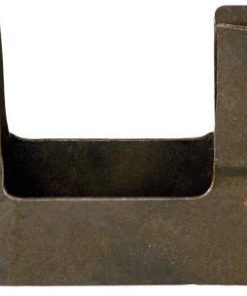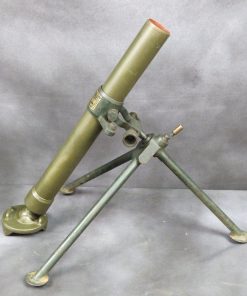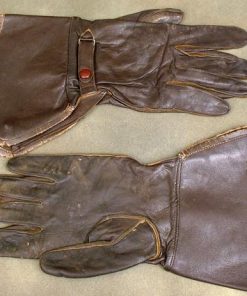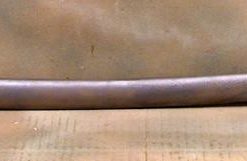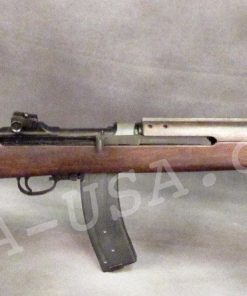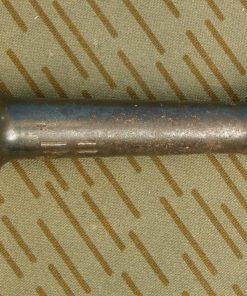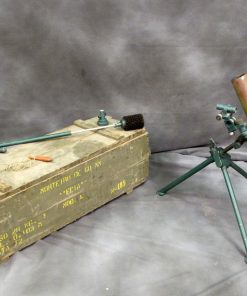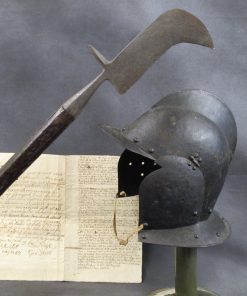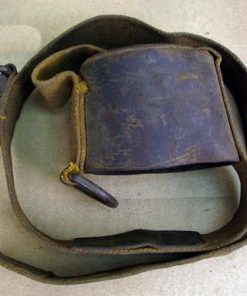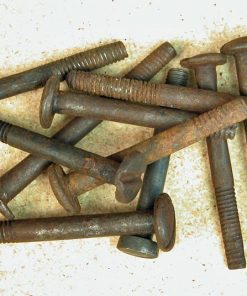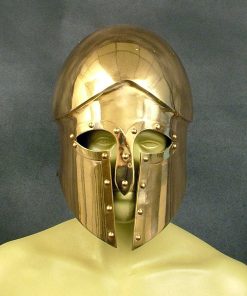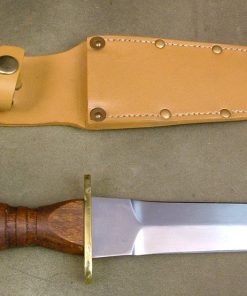Original German WWII Early Tombak Luftwaffe Paratrooper Fallschirmjäger Badge by Berg and Nolte – Parachutist Badge Original Items
$ 895,00 $ 223,75
Original Item: One of a Kind. This is a fine quality manufactured early example of a Paratrooper Fallschrimjäger badge, with a lovely patinated finish overall. The basic design is a tombak alloy half Oak Leaf and half Laurel Leaf wreath, with a “Diving Eagle” clutching a Swas (hook cross) in the middle. The brass eagle is attached to the wreath with two fully intact brass rivets. It features a needle style vertical pinback with a barrel hinge, with a bent metal pin catch.
The back of the eagle is maker marked with the B&N / L trademark for Berg & Nolte of Lüdenscheid, a city with a very large garment accessories industry. This company designed and made many badges and insignia during WWII, and are a known manufacturer of the Parachutist badge.
Really a great example which would make a very nice addition to any collection! Ready to display!
The Parachutist Badge (Fallschirmschützenabzeichen) was a badge awarded to qualified parachutists of the Wehrmacht and the Waffen-SS of NSDAP Germany. The badge was first established by order of Hermann Göring on 5 November 1936. It was originally awarded to Luftwaffe personnel after completion of the required number of six jumps. After this they were eligible to become a Fallschirmjäger (paratrooper).
The badge depicted a diving eagle with a swas in its claws surrounded by a silver wreath. The original construction was made of “gold-finished bronze” for the eagle and “oxidized silver plate” for the laurel leaves. In 1937, the construction of the badge changed to aluminium. In late 1942, the construction was changed again to a metal alloy. A cloth version of the badge was also authorized in 1937, to be worn on a flight jacket. A recipient had to re-qualify for the badge each year.
The term Fallschirmjäger, often written Fallschirmjaeger in English, is from the German Fallschirm “parachute” and Jäger, the light elite infantry of the Prussian army. This term was then applied to all German paratroopers. Fallschirmjäger of Germany in World War II, were the first to be committed in large-scale airborne operations. They came to be known as the “Green Devils” by the Allied forces they fought against and were some of the best trained most lethal troops of the German war machine.
Fast Shipping with Professional Packaging
Thanks to our longstanding association with UPS FedEx DHL, and other major international carriers, we are able to provide a range of shipping options. Our warehouse staff is expertly trained and will wrap your products according to our exact and precise specifications. Prior to shipping, your goods will be thoroughly examined and securely secured. We ship to thousands clients each day across multiple countries. This shows how we're dedicated to be the largest retailer on the internet. Warehouses and distribution centres can be located throughout Europe as well as the USA.
Note: Orders with more than one item will be assigned a processing date depending on the item.
Before shipping before shipping, we'll conduct a thorough inspection of the items you have ordered. Today, the majority of orders will be delivered within 48 hours. The delivery time will be between 3-7 days.
Returns
The stock is dynamic and we cannot completely manage it because multiple stakeholders are involved, including our factory and warehouse. So the actual stock may alter at any time. It's possible that you may not receive your order once the order has been made.
Our policy is valid for a period of 30 days. If you don't receive the product within 30 days, we are not able to issue a refund or an exchange.
You can only return an item if it is unused and in the same state as the day you received it. You must have the item in its original packaging.
Related products
Uncategorized
Uncategorized
Uncategorized
Uncategorized
Uncategorized
Uncategorized
Uncategorized
Uncategorized
Uncategorized
Uncategorized
Uncategorized
Armored Burgonet Helmet & Polearm from Scottish Castle Leith Hall Circa 1700 Original Items
Uncategorized
Uncategorized
Uncategorized
Uncategorized
Uncategorized
Angolan Rebel 1970s era 60mm Inert Display Mortar from Angolan Civil War Original Items
















